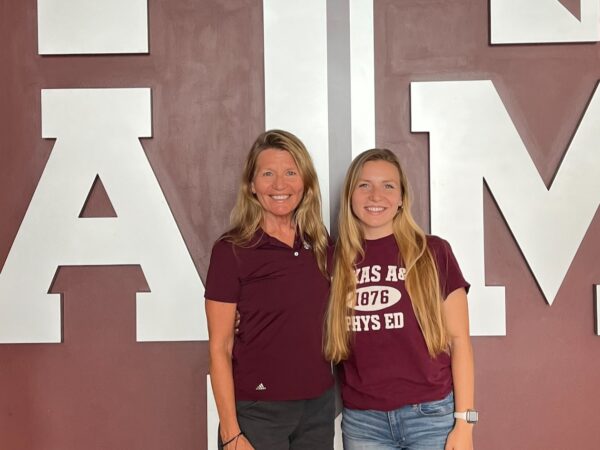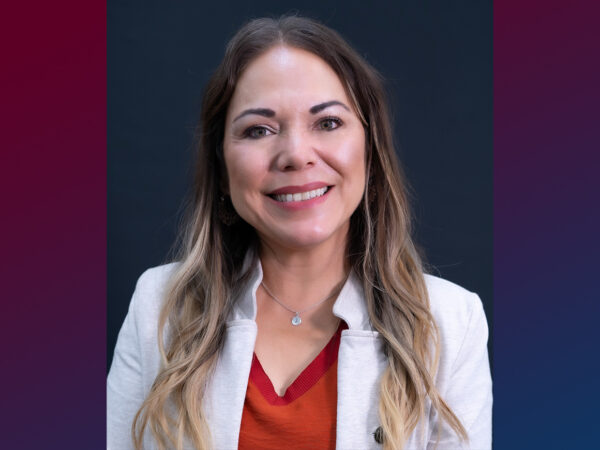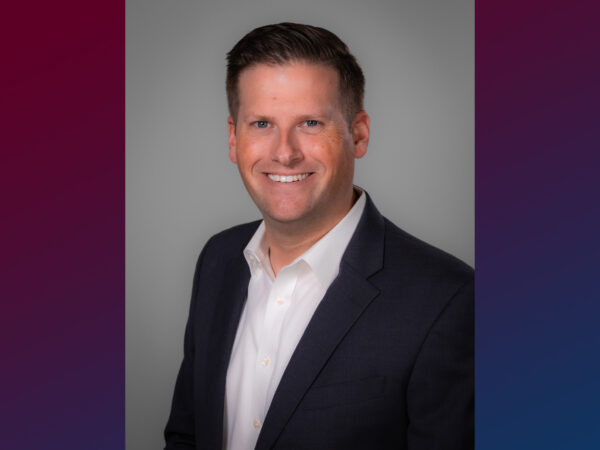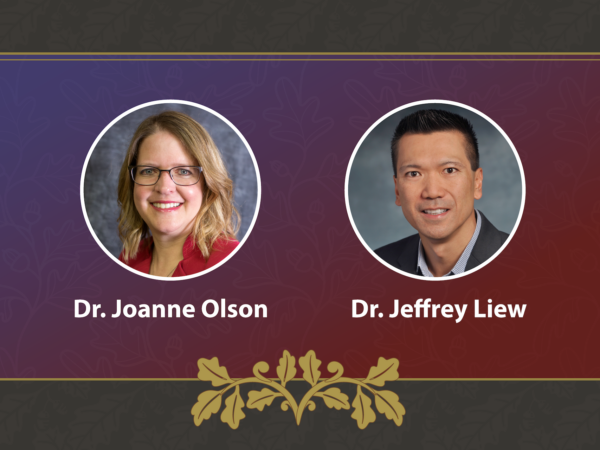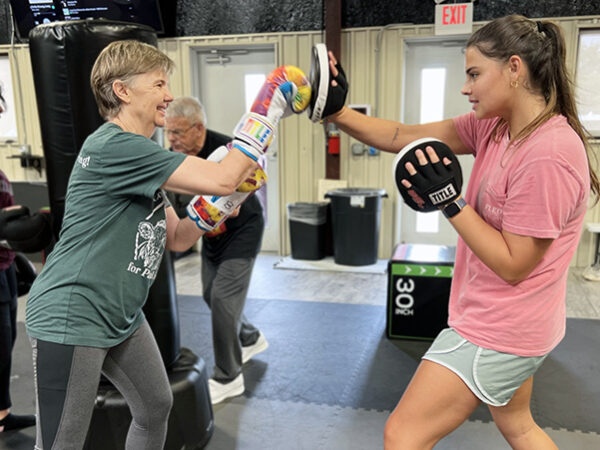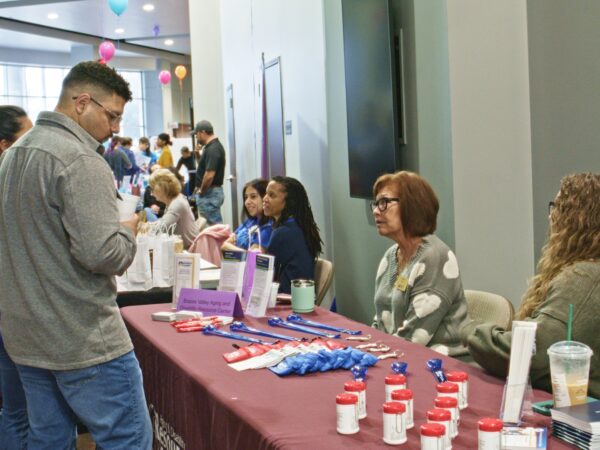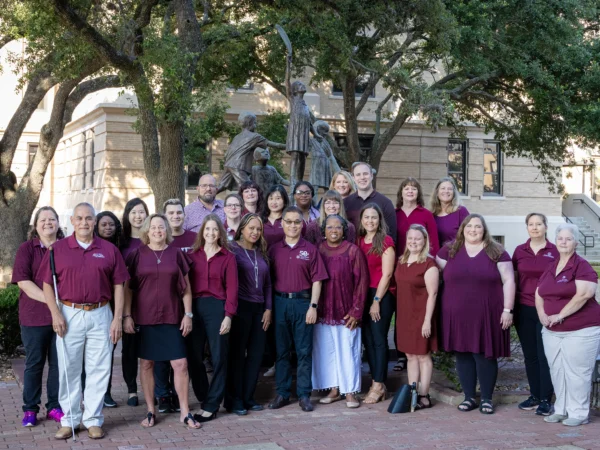Discussion Focuses On Solving Problems In America’s Schools
When it comes to solving problems in America’s schools, according to Dr. David Berliner, change starts with solving the poverty problem in America. Dr. Berliner, Regents’ professor of Education Emeritus at Arizona State University (ASU), has made that his mission.
Dr. Berliner visited Texas A&M University to speak with faculty, staff and students about his latest book 50 Myths and Lies That Threaten America’s Public Schools. Dr. Berliner and his co-author, Gene Glass, used research to point out the myths surrounding public education in the United States.
A main focus of the book and of Dr. Berliner’s lecture was addressing the misrepresentation that America’s public schools are doing poorly compared to other countries.
According to Dr. Berliner’s research, children do not test well in schools where more than half of the families live in poverty. When you look at schools where 25-50 percent live in poverty, students scored above the international average and in schools where poverty rates were under 25 percent, students were well above average.
“Some of our schools do not do well, but it is a bold face lie to say America’s schools, in general, do poorly,” explained Dr. Berliner. “It’s not the U.S. average that’s the issue, it’s the variation that’s the issue. Poor kids are not doing well in American schools while rich kids and middle class kids are doing just fine.”
There have been criticisms that recent National Assessment of Educational Progress (NAEP) scores have been flat. Dr. Berliner attributes the scores on the higher percentage of poor students that are now in our schools and the number of middle-class students that are leaving so-called poor schools and taking their test scores with them.
“If NAEP scores recently are stable, that’s another miracle. So let’s thank teachers and administrators for keeping things even in light of all the challenges.”
Dr. Berliner also researched private schools and NAEP test scores. According to his research, private schools appear to outperform the public schools. However, when adjusting for social class, the public schools perform as well as the private schools. “The reason private schools have the advantage is very simple – the kids that go there are wealthy.”
There have been many criticisms about legislation that requires the use of test scores to evaluate teachers. Dr. Berliner says he is against using the test scores because teachers do not affect standardized test scores enough to matter. In fact, he says teachers only affect roughly a 10 percent variance in a standardized test score.
“[Teachers] touch eternity. They make kids’ lives different. They affect test scores in a classroom but a standardized test score is picking up social class, income, neighborhood, cohort and lots of other things, not the teacher affect.”
Dr. Berliner blames the method of evaluation for hurting the teaching profession. He says the nation’s teacher shortage can partly be blamed on seasoned teachers leaving because the system is unfair.
“If you ask me what’s the one thing I would do to improve education, I’d say housing. Who you go to school with matters, it matters a lot. If you take low income kids and put them in schools with middle-class kids, they are going to do a lot better.”
University and School District Partnerships
Dr. Berliner’s visit to Texas A&M also included a luncheon with faculty, staff and administrators from school districts in the Bryan/College Station and Houston areas.
Dr. Berliner spoke about what he considers his own failures during his time at universities across the country. He considers not getting a politics of education course into the teacher education program his biggest failure.
There are 3.5 million teachers in the U.S. and many of them do not vote. Dr. Berliner calls that a tragedy.
“The people in districts need teachers who are politicized to some extent in the sense of knowing that they have to have some influence in their rotary club or on the democratic and republican clubs,” he explained. “If we don’t vote in people who have the interest of children or communities in mind, we’re going to get people who don’t care about those things and we’re going to suffer.”
Dr. Berliner also touched on the importance of supervising teachers in the first two years of their teaching profession. He believes the ideal teacher education course should be rotating, where students spend several weeks at the university then several weeks in the field throughout the entire semester.
He also suggested universities and school districts implement a two-year partnership for university faculty to visit those districts and work with the in-service teachers.
“No matter what we teach, it’s overwhelming those first two years,” he explained. “No one seems to take care of teachers the first two years.”
When it comes to research, Dr. Berliner said it is extremely important for school districts and universities to work together. He discussed an idea that he implemented at ASU to create a policy center that would be staffed with doctoral students and other research faculty. He felt that this type of policy center would help to build collaboration between universities and school districts. “If the districts would come with a problem, we would try to do research on it for them. We often have the skills at the university that the districts don’t have. It’s all about solving problems together.”
About the Writer
Ashley is the Media Relations Coordinator and responsible for news coverage in the Department of Teaching, Learning and Culture as well as the Department of Educational Psychology.
Articles by AshleyFor media inquiries, contact Ashley Green.
Fundraising
To learn more about how you can assist in fundraising, contact Amy Hurley, Director of Development ahurley@txamfoundation.com or 979-847-9455


